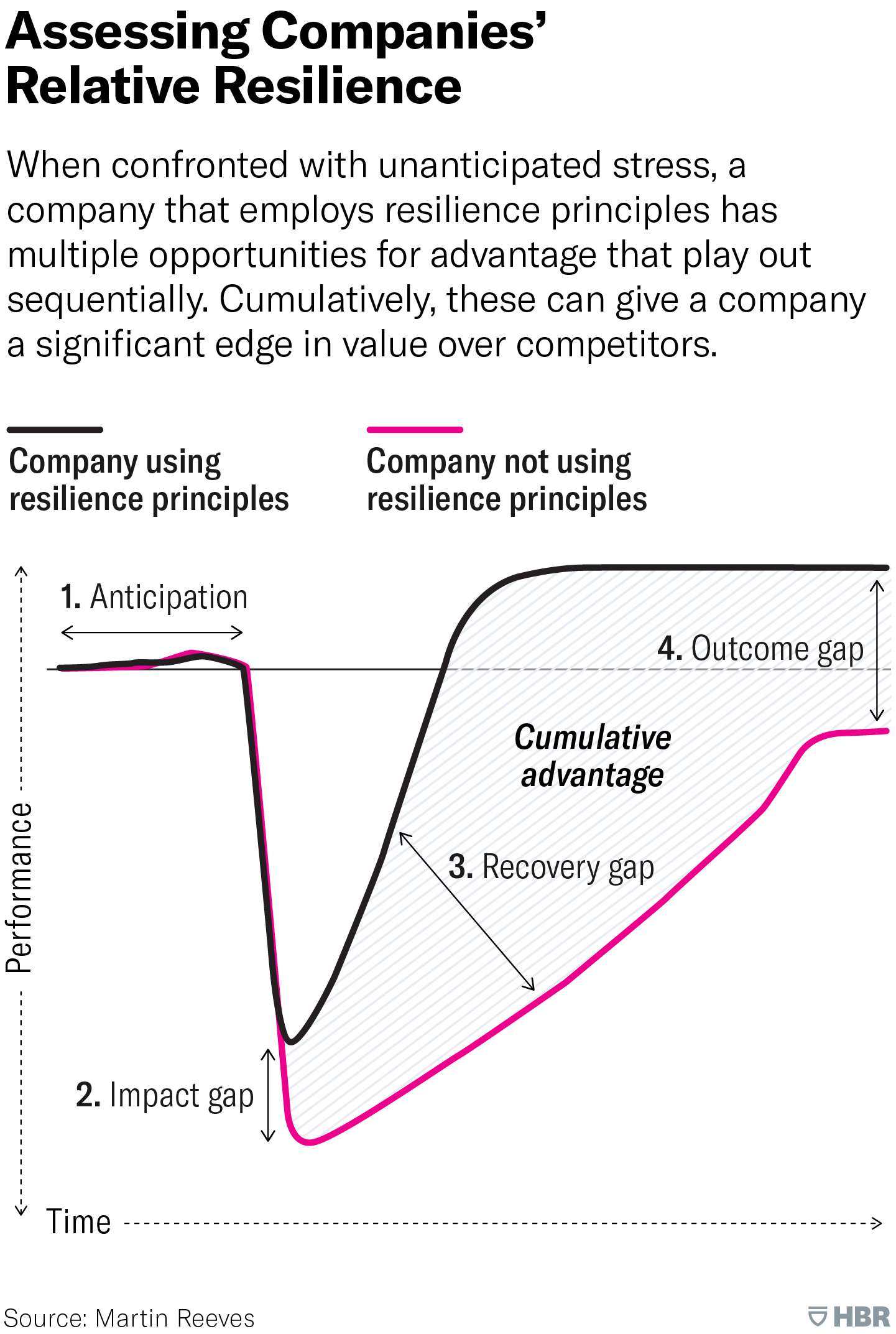Hi there 👋
I’m not one for writing a lot of Hot Takes 🔥, and this week’s newsletter might hardly qualify as that. But it is a bit of a counter-argument to the resilience narratives in startup life. If you have a different take on resilience or even if it is one of your favorite traits personally or professionally, I’d love to hear your perspective (and to update mine).
Wishing you a great week ahead,
Kevan
(ᵔᴥᵔ)
P.S. This week’s open remote jobs are from Circle, hims & hers, and Reddit. See the full list at the bottom of this email and the remote jobs Airtable here.
Thank you for being part of this newsletter. Each week, I share playbooks, case studies, stories, and links from inside the startup marketing world and my time at Oyster, Buffer, and more.
Say hi anytime at hello@kevanlee.com. I’d love to hear from you.
The problem with resilience
Resilience is a verrrry popular trait in Silicon Valley.
If I had a nickel for every time I heard startup teams champion the virtues of resilience, I could buy a pretty nice Starbucks drink, like a unicorn frappuccino.
And I understand the appeal. Startups are figurative roller coasters 🎢 with constant ups and downs that require a certain amount of stomach from all participants in order to keep things going. Resilience can be a valuable trait.
My problem with resilience is what gets implied when we say it.
Resilience is:
the capacity to recover quickly from difficulties
But too often this definition gets warped — explicitly or implicitly — by companies that push people to bounce back too fast, at the cost of empathy, feelings, well-being, and recovery.
If resilience is at odds with empathy, then we’re doing it wrong.
From what I’ve observed, some of the issue with resilience is how we’ve applied it.
Resilience is a completely useful tool for creating a business. If I were to Frankenstein together a modern-day company, I’d take some resilience and some sustainability, add some product-market fit, community growth, and a billion-dollar TAM, and off we go.
Harvard Business Review published an article on exactly this topic: A Guide to Building a More Resilient Business. (It probably comes as no surprise that the article arrived in the early summer of 2020.) The article eloquently makes the case for business resiliency:
We can usefully define resilience as a company's capacity to absorb stress, recover critical functionality, and thrive in altered circumstances …
Andy Warhol famously said that in the future, everyone will be famous for 15 minutes. In today’s business world, transient high performance is commonplace; it is sustained performance by resilient companies that stands apart.
But that’s just it — people are not businesses.
We are complicated creatures with feelings and emotions. We have lives outside of work. We aren’t widgets to be optimized.
I don’t anticipate ever asking my teammates to be resilient, not because I don’t want people to get better at managing through difficult times but because resilience has been so poorly used and accelerated; “recovering quickly” now implies recovering tomorrow.
When there’s trouble at home or relationship ups/downs or family matters or work frustrations, I want a team that feels comfortable acknowledging those feelings and how they may impact their work. This is what being on a team is all about! Picking each other up when some of us aren’t feeling our best. I’d rather encourage my teammates to sit with their emotions, understand why they feel the way they do, and care for themselves so they can get back to feeling their best. “When you feel good, you do good.”
So next time resiliency comes up at work, I hope you’ll give yourself space to feel and to recover. Let “quickly” mean whatever it means to you. Enjoy being part of a resilient company and a cohesive team.
Perhaps this is what resilience was intended to be?
P.S. Related, but relevant, inspiration (via startupy):
Misc.
Interesting links
The case for go-to-community, not just go-to-market
A template for creating a “reverse job posting” — rather than read a post from an employer about an open role, you make a post about you, showing employers you’re open-to-work.
Great podcast interview with Elena Verna, ex-CMO at Guru and one of the best Reforge teachers I’ve heard from
Awesome Work-From-Anywhere jobs
Circle is hiring a handful of folks for their GTM team
hims & hers is hiring a handful of folks across paid social, retention, and conversion
Reddit is hiring a product marketing leader
About this newsletter …
Hi, I’m Kevan, a marketing exec based in Boise, Idaho, who specializes in startup marketing and brand-building. I currently lead the marketing team at Oyster (we’re hiring!). I previously built brands at Buffer, Vox, and Polly. Each week, I share playbooks, case studies, stories, and links from inside the startup marketing world. Not yet subscribed? No worries. You can check out the archive, or sign up below:
Thank you for being here! 🙇♂️
I’m lucky to count folks from great brands like these (and many more) as part of this newsletter community.







